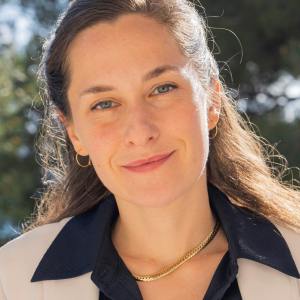Research project
Girly Business traces the largely underestimated socio-cultural history of women in classical music, starting with the development of mass media and the changing social norms of femininity, independence and self-determination.
Today, women make up around 40% of tutti players in Germany, and the world market and labels are characterised by legendary greats such as Anne-Sophie Mutter and a younger generation of pioneering female soloists such as Yuja Wang. Compared to female singers, female instrumentalists have had to overcome far greater obstacles to gain access to the world of performance and recognition. For example, it was not until the 1980s that women were allowed to audition for Europe's most prestigious symphony orchestras. Until then, the Berlin and Vienna Philharmonics, considered the gold standard worldwide, refused to hire female instrumentalists.
Girly Business analyses the changing public discourse on female classical instrumentalists, with a particular focus on the concept of 'work' in the performing arts - including the concepts of 'profession' and 'vocation' - as well as the developments in the medialisation of female musicians in classical music from the perspective of commercial interests and technological innovations.

